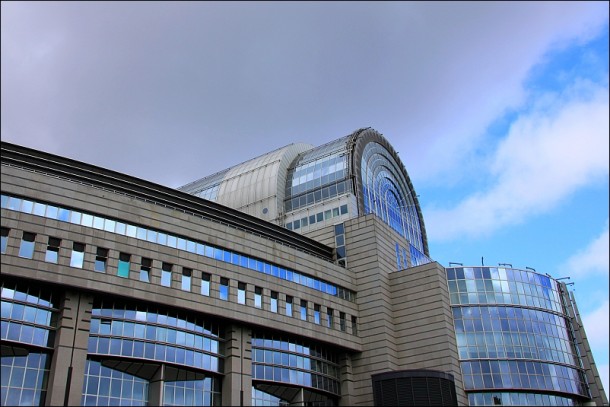The European Ombudsman, Emily O’Reilly, has announced on Thursday that she has started an own-initiative investigation into the informal negotiations, known as trilogues, of three main European institutions. Trilogues take place between the European institutions that have a direct impact on the development of European law, namely the European Parliament, the Council of the European Union and the European Commission. Trilogues are being held to reach early agreements on new European Union legislation. O’Reilly promised to examine the transparency of these meetings.
Trilogues are an established feature of how the European Union (EU) adopts laws, according to O’Reilly. “Trilogues are where deals are done that affect every EU citizen. European citizens, businesses and organisations should be able to follow each stage of the law-making procedure and to understand how the negotiators arrive at the endpoint.” The European Ombudsman pointed out that the three institutions have a Treaty obligation and an ‘interest in legislating as openly as possible to maintain public trust’.
The issue of trilogues was drawn to the attention of the European Ombudsman by several Members of the European Parliament, members of some national parliaments and business and civil society groups, as noted by O’Reilly in her official letter to the three institutions.
The ordinary legislative procedure in the EU is a co-decision procedure. This means that the European Parliament and the Council together adopt legislative proposals submitted by the European Commission. This procedure can take up to three readings. According to the office of the European Ombudsman, due to the increased use of trilogues around 80% of the laws of the EU are now agreed at the first reading. In the last five years these institutions held around 1500 trilogue meetings.
The European Ombudsman sent on Tuesday a letter with questions to the Council of the European Union, the European Commission and the European Parliament. O’Reilly asked the institutions various questions including the language of the trilogues, whether there are any trilogue documents published on the Council’s website and whether the reports on the trilogues are available internally. She has also asked for a list of the ongoing trilogues. The institutions have until 30 September 2015 to reply to the questions of O’Reilly.
Investigations of the European Ombudsman can have a positive impact on the transparency of the legislative processes in the EU.

